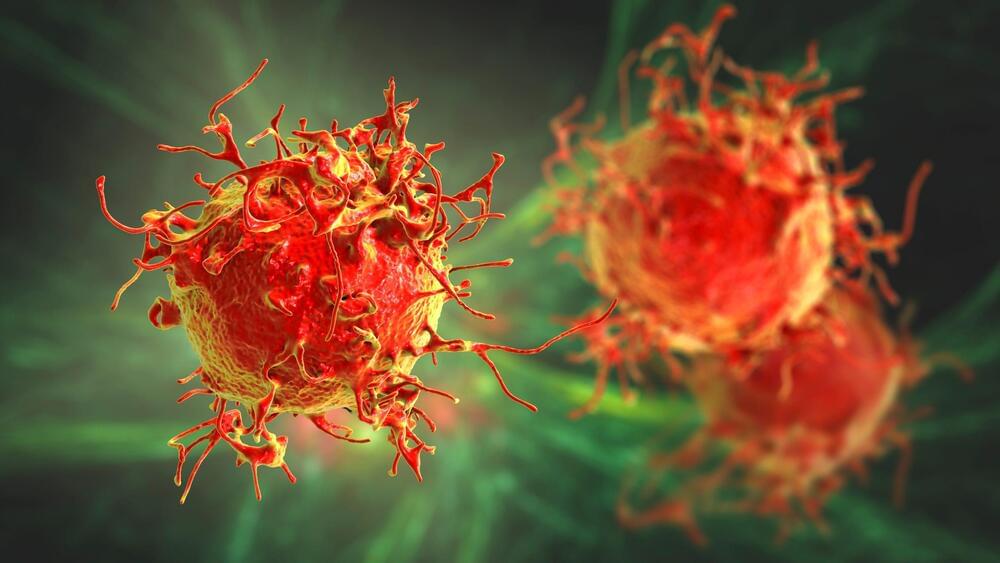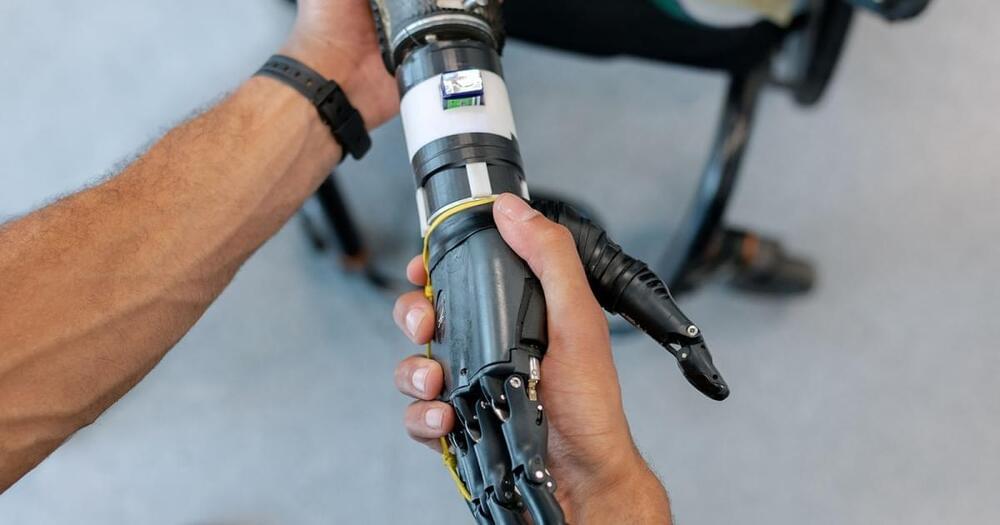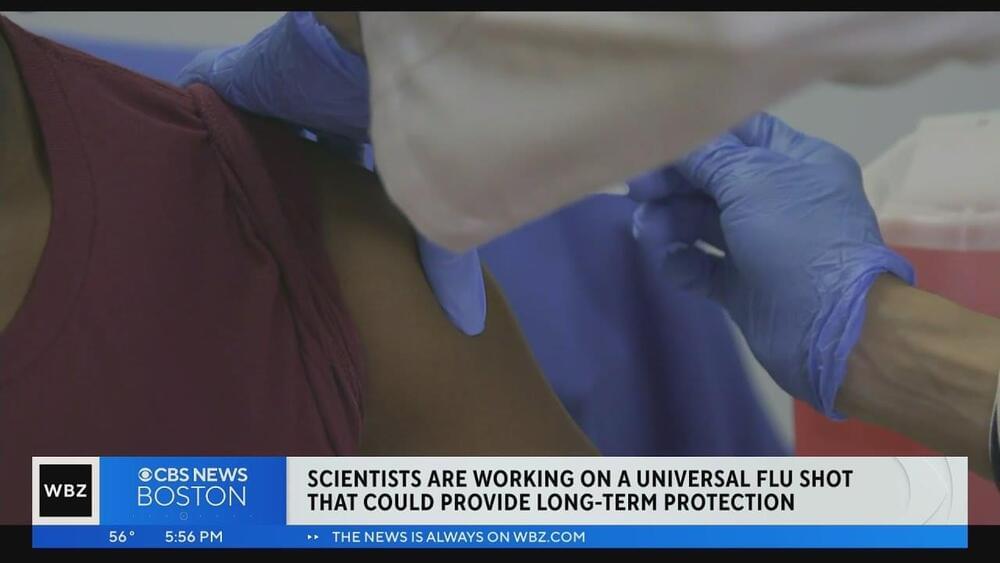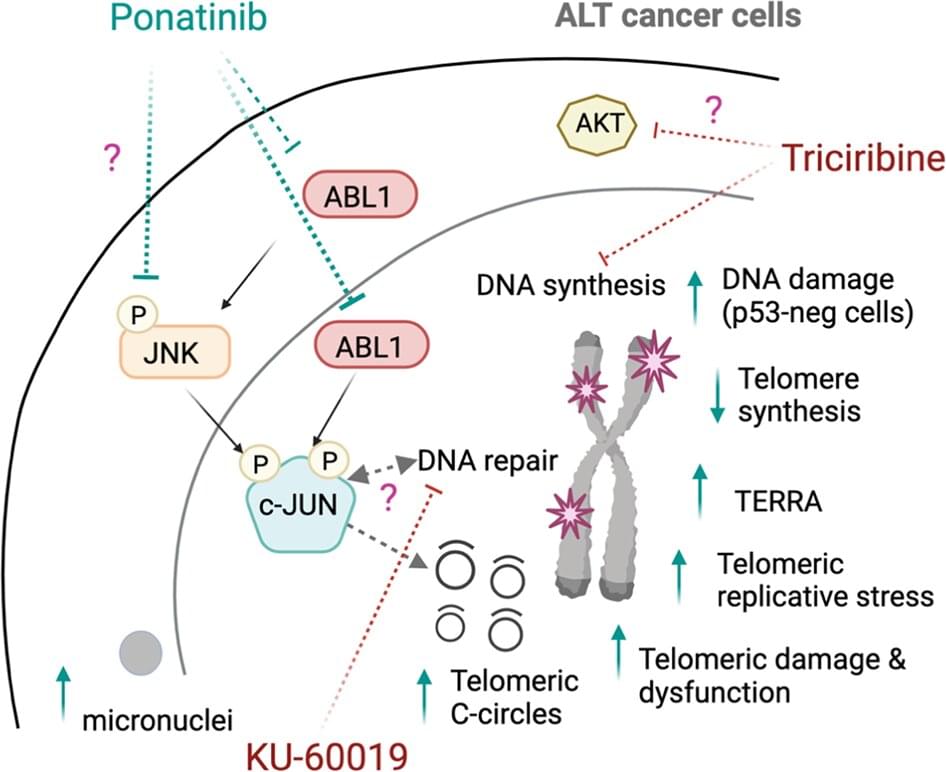Jul 11, 2023
Blood Test Plus Personalized Model May Predict Lung Cancer Death Risk
Posted by Shubham Ghosh Roy in categories: biotech/medical, futurism
The USPSTF recommends that adults at elevated risk for lung cancer receive a low-dose CT scan each year, which was shown to reduce lung cancer deaths in the 2011 National Lung Screening Trial (NLST). The 2021 USPSTF criteria applies to adults aged 50 to 80 who have at least a 20 PY smoking history and currently smoke or have quit within the past 15 years.
“For individuals who currently are not eligible for lung cancer screening, a positive test may help to identify those possibly at risk for lung cancer death,” said co-corresponding author Edwin Ostrin, MD, PhD, assistant professor of general internal medicine. “We envision this as a tool that could be deployed worldwide, as the future of early detection of this disease.”
Lung cancer causes an estimated 25% of cancer deaths. Early detection improves prospects of survival, but most countries do not screen for it. Fewer than half of all U.S. cases are among people who are eligible under USPSTF guidelines.


















